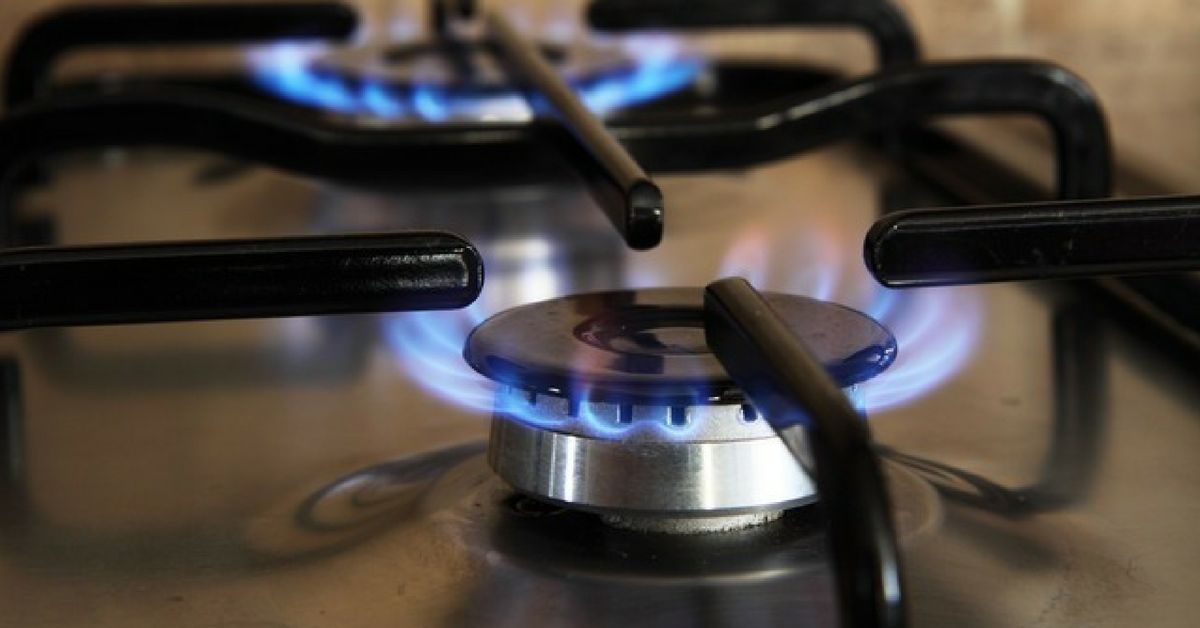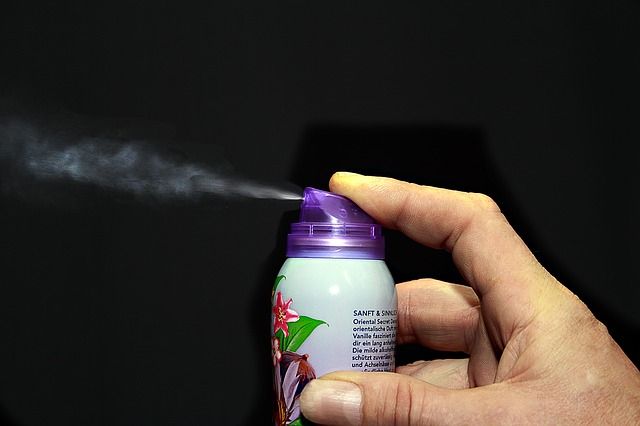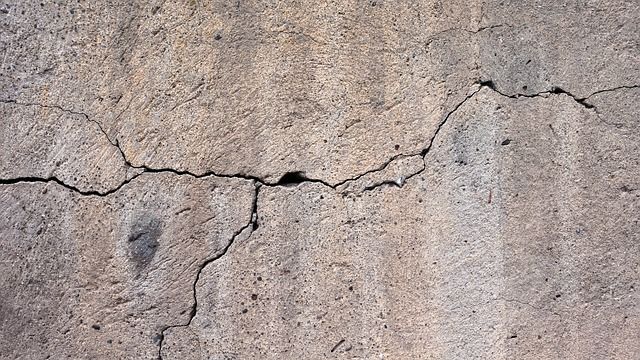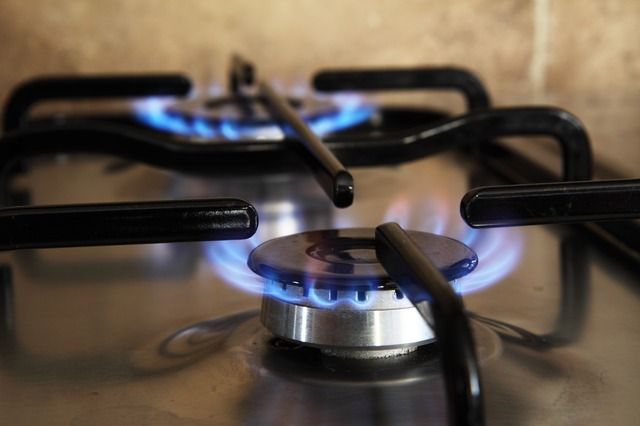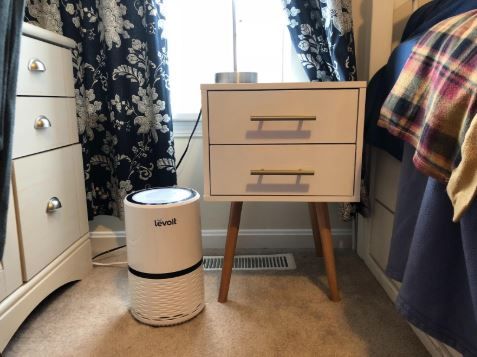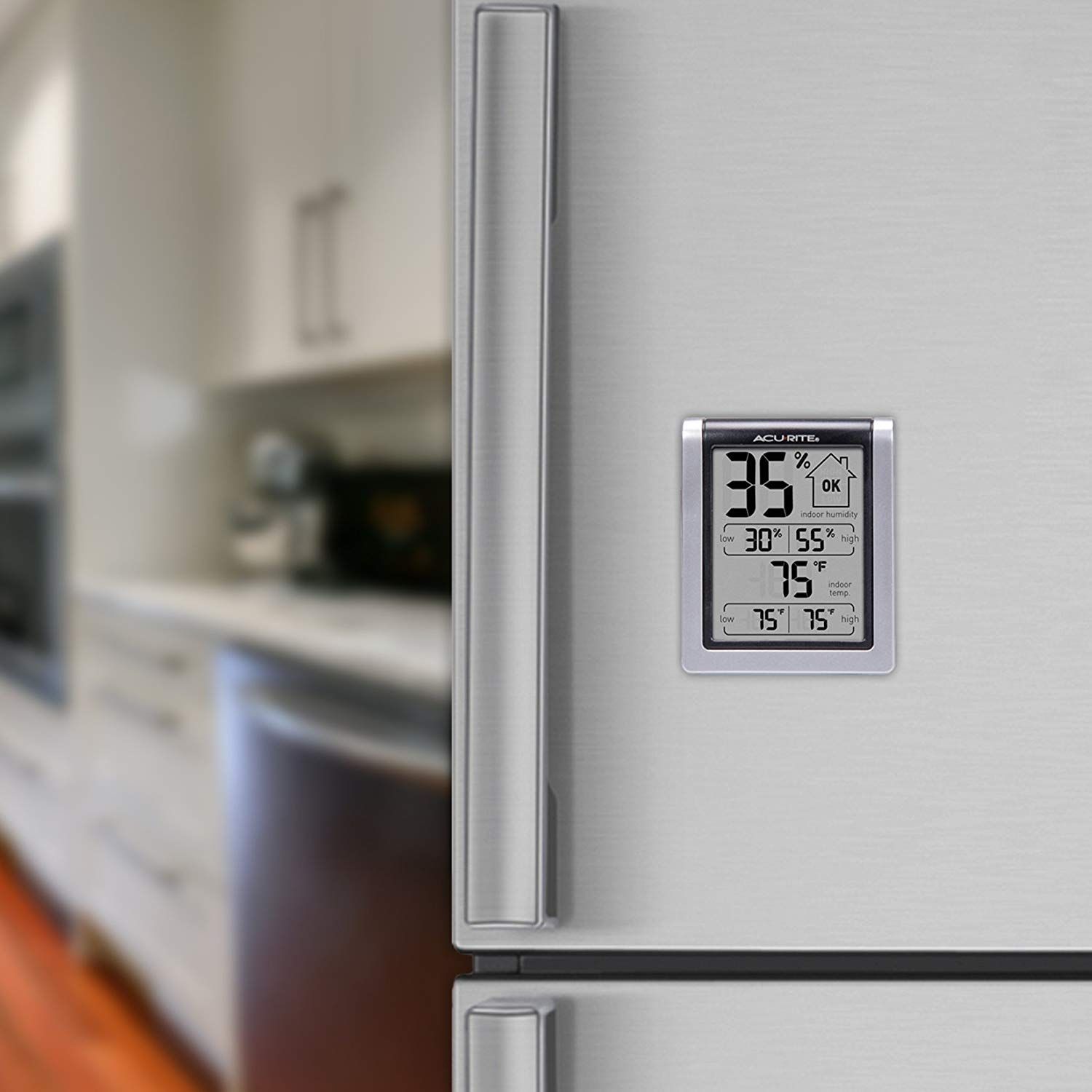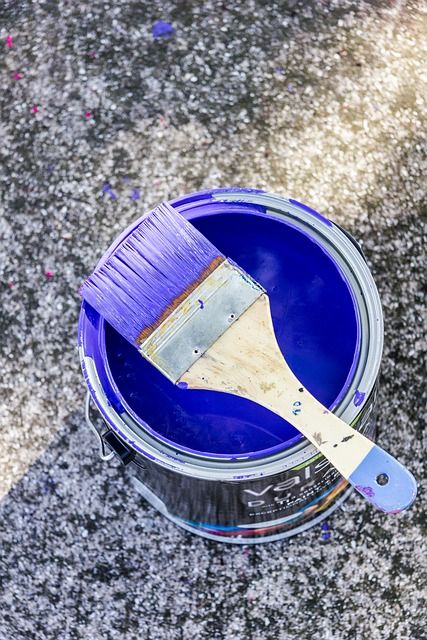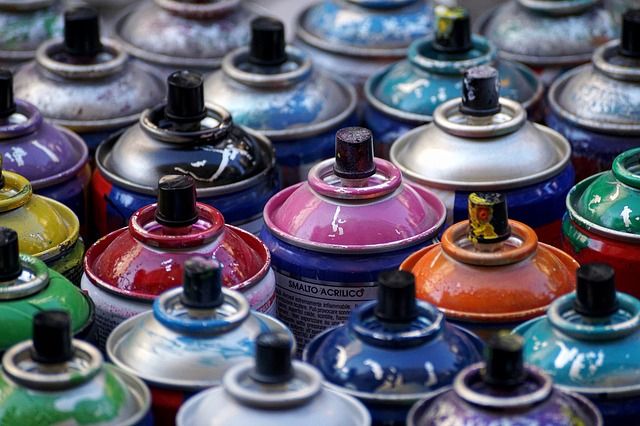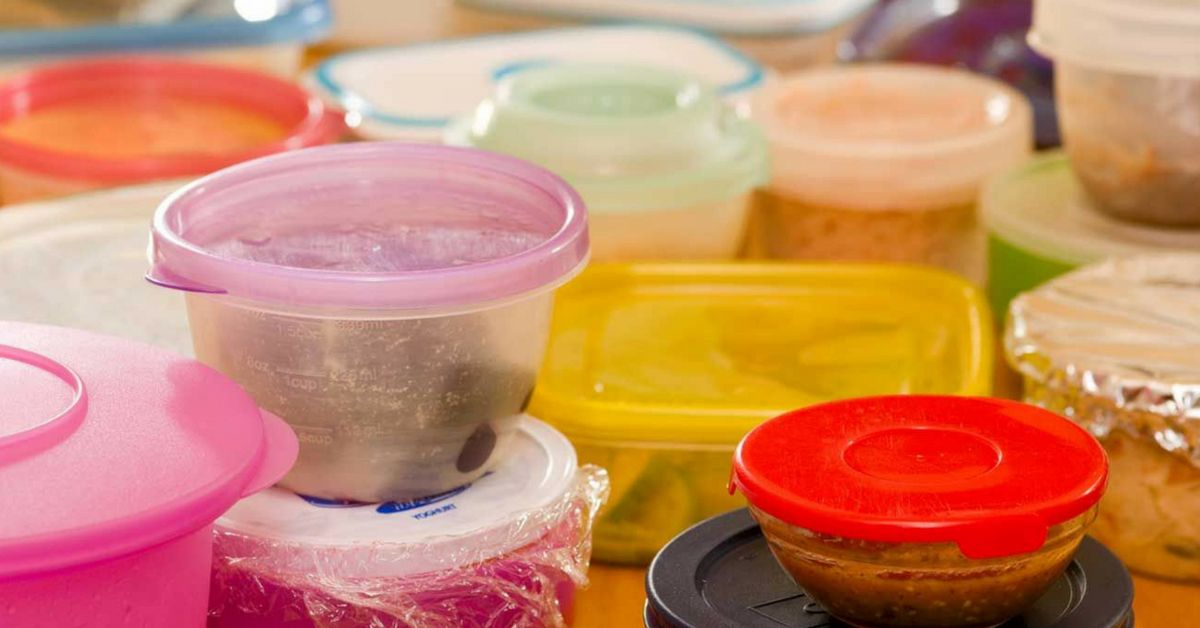You might think that your house is the safest place to be. You should be safe from the dangerous chemicals from cars and big businesses in your home, but as it turns out that isn't exactly accurate.
But according to the Environmental Protection Agency, there is actually a lot more air pollution in your own home than there is outside. They claim that the air you're breathing when in your house is actually between two to five times more polluted than outside air.
There are a few things that you've been storing in your house that might be causing you a lot more harm than you realized.
Air Fresheners
While those quick air fresheners sometimes feel like they are necessary, it turns out that the ingredients in them are actually really dangerous.
The chemicals used to make those scents can actually trigger migraines, breathing issues, and even asthma attacks. Experts advise that your best option is to open windows or use fans instead of overusing these synthetic air fresheners.
Hidden Radiation
The EPA explains that there are some misconceptions about radiation and homes. While it's true that some granite countertops can produce radon, a naturally occurring radioactive gas, the real concern is from cracks in your foundation.
There is an easy way to check your own house to see if radon is a problem. You can get affordable test kits on Amazon that can help you find the places in your home that are posing a threat.
Increased radon is actually the second leading cause of lung cancer, so it's really important to get rid of it if there is any.
Gas Stove
Your gas stove may be beautiful, but it's also potentially hurting your lungs. The flames that gas produces emit nitrogen oxide into the air, and it's really not good for you to breath in.
To combat this, make sure your exhaust is venting outside while you cook, that way you don't have to worry about it! If you don't have a vent above your stove, you can also open a window to help circulate the air.
Old Air Filters
Having an air purifier in your house might make you feel safe, but you should make sure that you keep an eye on it.
If your system has a filter, make sure you change it as often as it recommends so that you aren't just recirculating the toxins.
The EPA recommends that you purchase one with a replaceable HEPA filter because it will truly clear out any toxins that may be causing problems.
The good news is, they aren't all that expensive, and can help out those dealing with allergies. For example, there is a filter on Amazon for only $80 that has a three filter system that neutralizes 99.97% of dust, allergens, and bacteria.
Even just changing your furnace filter can make a huge difference. So even if you don't have a specific air purifier, you should still be checking the filters regularly.
Too Much Humidity
We all love a good humidifier in the winter because it helps us keep our skin healthy, but if you put too much moisture into your home, you may be creating the perfect breeding ground for mold.
Mold forms when the humidity is over 50%, so if you are using a humidifier to battle the dryness, make sure you keep it at a reasonable level.
If you want to know how humid it is in your house, they actually make really affordable humidity monitors that will help you understand how humid is too humid.
Paint Cans
Painting your house is something we all do, but where we keep the paint after the fact can greatly impact our lives.
Paint gives off a gas known as VOC, and if you keep the cans in your house, even when they are closed, the gasses might seep out and impact your air quality.
Always look for low-VOC paints and if you finish painting and have a can that is basically empty, just get rid of it. It's not worth the risk to keep it. You can always note the color down or keep a paint sample, and if you need to do touch ups you can get a small sample pack later.
Aerosol Sprays
All of those spray cans you have that are sitting in your cupboard are likely releasing VOC emissions into the air just like those paint cans.
While it's handy to have an aerosol spray for some things, if they make an alternative that isn't aerosol, it's you safer option.
Obviously, you can't always prevent 100% of toxins from hanging around your house, but at least if you're aware of where they are coming from you can help reduce it.
Source - Reader's Digest / Red Book Mag / Forbes / BC Lung Association / Huffington Post
Just so you know, Shared may collect a share of sales or other compensation from some of the links on this page. However, we only choose products we would or have purchased ourselves.
